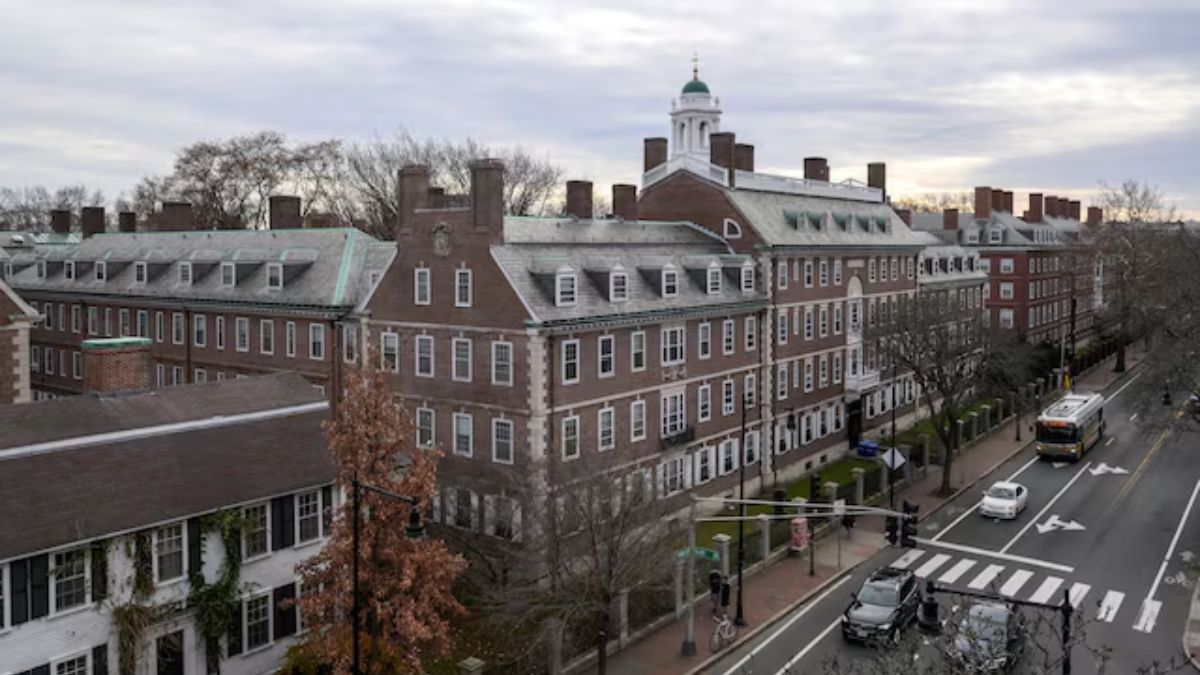Did America’s elite colleges overcharge students whose parents are divorced?
That’s what a new lawsuit is alleging.
Forty of the US’ top colleges including Harvard, Yale, Brown, Cornell, MIT, Dartmouth and Georgetown are facing allegations of price fixing and collusion in an antitrust lawsuit.
But what do we know about the lawsuit?
Let’s take a closer look:
What happened?
The federal lawsuit was filed in Illinois district court, as per Forbes.
The plaintiffs are Eileen Chang, a former student at Cornell and a Boston University student named Maxwell Hansen.
The plaint alleges that the non-profit College Board, which puts out CSS Profile form – used to calculate the financial aid students would require – colluded with colleges in 2006 to come up with a policy that examines the resources of noncustodial parents.
“Starting in 2006, College Board made an intentional push to require schools to agree to the consideration of the income and assets of noncustodial parents when making financial aid determinations,” the lawsuit states, as per Forbes.
According to Washington Post, the lawsuit alleges that colleges could thus charge a student higher fees.
This despite just one parent paying the student’s expenses.
The lawsuit claims at least 20,000 students have been negatively impacted over the past two decades.
Lawyers are asking the court to classify the lawsuit as a class-action case.
Impact Shorts
More ShortsWhat are the plaintiffs saying?
Chang told the newspaper she told Cornell that her noncustodial parent was on disability payments and could not finance her education.
Chang said she asked the college to remove the parent from the calculations needed to cover the student aid, but Cornell refused.
Chang’s other parent then had to take out a loan to pay for the rest of her education.
Maxwell Hansen added that he wrote on the form that his father was not paying for his education.
However, American University mandated that his father fill the form.
When he changed schools to Boston University, the incident repeated itself.
The idea behind this was to stop some students from getting institutional scholarships, the lawsuit claims, as per Forbes.
The universities “engaged in concerted action to require a noncustodial parent of any applicant seeking non-federal financial aid to provide financial information” – thus increasing the amounts students would need to pay, it states.
“Absent this agreement the University Defendants would have competed in offering financial aid in order to enroll their top candidates,” it claims.
‘Students told no exceptions to requirement’
As per NBC, the lawsuit claims the alleged scheme raised the cost of tuition around $6,200 when measured against other schools that did not take use this practice.
“Students were told there were no exceptions to the requirement — even if a divorce court order was issued concerning college expenses,” the lawsuit states.
It claims that the College Board’s current chair of the Financial Assistance Assembly Council is also employed at Columbia University.
It alleges that Harvard’s director of financial aid was also a chair at the nonprofit.
The lawsuit asks the court to award the plaintiffs $5 million in damages.
It also requests that the court direct the universities to put an end to the alleged collusion.
“The financial burden of college cannot be overstated in today’s world, and we believe our antitrust attorneys have uncovered a major influence on the rising cost of higher education,” Steve Berman, managing partner and co-founder of Hagens Berman, the law firm representing the plaintiffs said.
“Those affected — mostly college applicants from divorced homes — could never have foreseen that this alleged scheme was in place, and students are left receiving less financial aid than they would in a fair market,” Berman added.
‘Meritless’
As per USA Today, the College Board in a statement said it is confident it will win the case.
John Beckman, a spokesperson for New York University, called the lawsuit ‘meritless.’
“NYU intends to vigorously defend itself and its financial aid policies and ‘procedures,” Beckman added.
This case comes on the heels of another class action lawsuit against many of the same schools.
That suit, which also accused colleges of price-fixing, resulted in a $284 million settlement.
Students across America who attended the colleges could receive tens of thousands of dollars as a result of the complaint.
With inputs from agencies
)